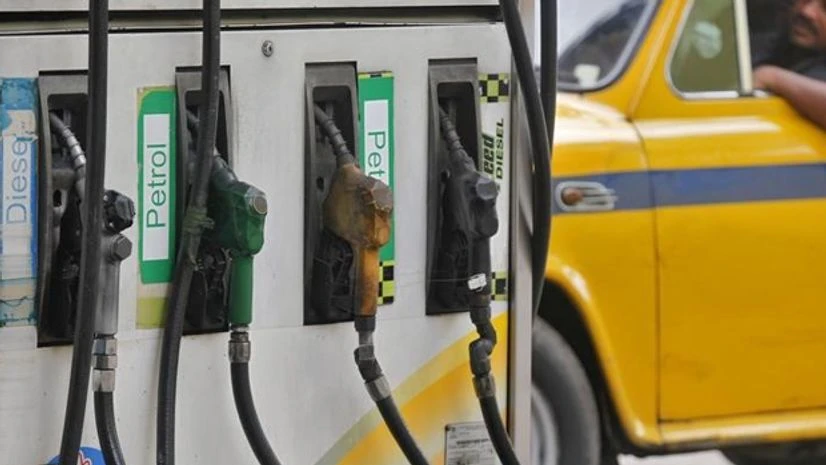Oil marketing companies’ (OMCs) latest strategy to stop importing costly diesel and source cheaper fuel from domestic private refiners might not result in significant savings for the state-run firms, experts say.
India consumed nearly 74 million tonnes (mt) of diesel in the past financial year. Around 180,000 tonnes, or 0.2 per cent, of this was met through imports.
These cost Rs 655 crore, which is equal to 0.1 per cent of India’s total oil import bill of Rs 4.82 lakh crore in FY16.
“The volume and value of imports is minuscule. India is a net exporter of petroleum products, including diesel. Exports are only going to rise with the commissioning of Indian Oil Corporation’s (IOC) Paradip refinery. The impact of the deal with private refiners, in terms of gain for OMCs or the effect on oil imports, would not be a directional change. As private refineries are mostly export-oriented, it does not make much sense for firms to sell the product in the domestic market at a cheaper rate,” said a senior analyst from a consultancy firm. Rising domestic demand and subdued global prices have fuelled Indian diesel imports, which have doubled from 84,000 tonnes in 2013-14. Also, private refiners had refused to bear central sales tax and coastal freight costs.
The situation has now turned on its head. Asia’s gas oil crack spread for the benchmark 500 parts per million grade has risen to $12 a barrel, almost double the value on April 6, as strong demand driven by a severe dry season has bolstered the market. The OMCs have also been able to convince private refiners on sharing sales tax and interstate coastal freight costs.
“There have been discussions with the private refiners for quite some time on this issue. A final deal has been struck. Our chairman has also said imports were resorted to last financial year to meet the emergency demands in some parts of the country,” said a senior executive with IOC.
News agency Reuters has reported that India’s state refiners might halt diesel imports after working out a temporary mechanism to resume buying the fuel from private processors, if global diesel prices remain at current levels.
India consumed nearly 74 million tonnes (mt) of diesel in the past financial year. Around 180,000 tonnes, or 0.2 per cent, of this was met through imports.
| NOT MUCH RELIEF |
|
These cost Rs 655 crore, which is equal to 0.1 per cent of India’s total oil import bill of Rs 4.82 lakh crore in FY16.
“The volume and value of imports is minuscule. India is a net exporter of petroleum products, including diesel. Exports are only going to rise with the commissioning of Indian Oil Corporation’s (IOC) Paradip refinery. The impact of the deal with private refiners, in terms of gain for OMCs or the effect on oil imports, would not be a directional change. As private refineries are mostly export-oriented, it does not make much sense for firms to sell the product in the domestic market at a cheaper rate,” said a senior analyst from a consultancy firm. Rising domestic demand and subdued global prices have fuelled Indian diesel imports, which have doubled from 84,000 tonnes in 2013-14. Also, private refiners had refused to bear central sales tax and coastal freight costs.
The situation has now turned on its head. Asia’s gas oil crack spread for the benchmark 500 parts per million grade has risen to $12 a barrel, almost double the value on April 6, as strong demand driven by a severe dry season has bolstered the market. The OMCs have also been able to convince private refiners on sharing sales tax and interstate coastal freight costs.
“There have been discussions with the private refiners for quite some time on this issue. A final deal has been struck. Our chairman has also said imports were resorted to last financial year to meet the emergency demands in some parts of the country,” said a senior executive with IOC.
News agency Reuters has reported that India’s state refiners might halt diesel imports after working out a temporary mechanism to resume buying the fuel from private processors, if global diesel prices remain at current levels.

)
